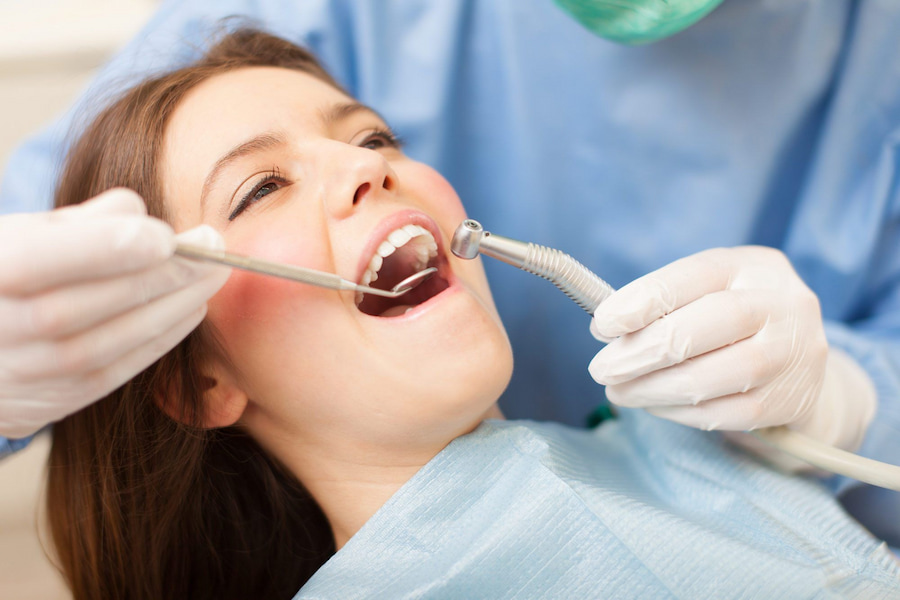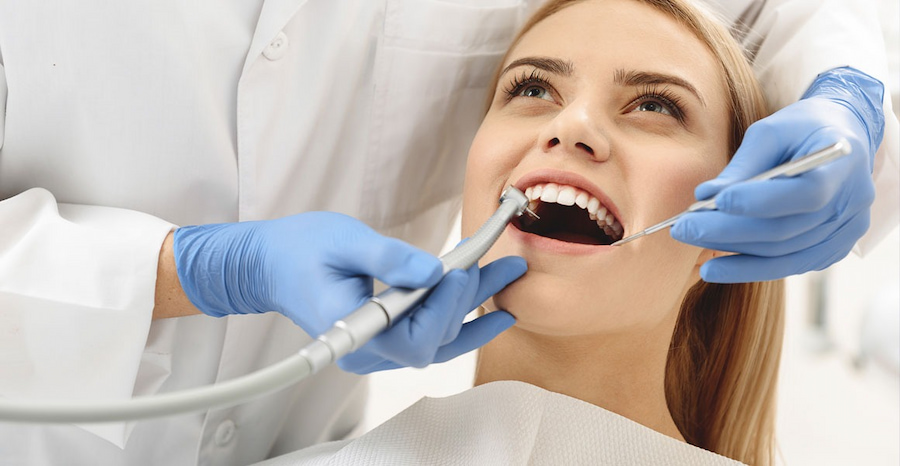
Hygiene constitutes a significant component of life because it shows that an individual is disciplined and organized to practice cleanliness, even in personal or social matters. Specific to dentistry are professionals with dental uniform who deal so much with patients and oral health, as such, personal hygiene is an important aspect in the field. Thus, this broad treatment will focus on the importance of personal hygiene for dentistry, showing how it affects both oral health care providers and their patients.
Infection Control and Prevention
Infection control and prevention is one of the main aspects which makes personal hygiene such an important phenomenon IN dentistry. Many dental treatments involve the control of saliva, blood and other body fluids. With shortcoming in these procedures there may be very high cases of infection adjustments between the oral professional and his or her patient.
Hand Hygiene
Microorganisms are transferred through the hands. Dental personnel should strictly observe hand hygiene measures that include frequent washing of hands with soap and use of alcohol-based disinfectant agents. It prevents the transmission of bacteria and viruses, thus making an environment free from contaminations among the dental team as well as their patients.
Personal Protective Equipment (PPE):
The use of proper PPE’s which include hand gloves, masks and protective glasses is basic in reducing the risk related to cross contamination. It is necessary to change and discard these items after every patient so as to ensure that there’s sterility in the surroundings.
Building Patient Trust and Confidence
Personal hygiene is a crucial factor in that dentists and patients have high levels of trust between each other, which helps both parties to gain confidence. Such a level of attention to personal hygiene comes not only from competence in the field but also confidence among patients that treatment will be safe and delivered with high-quality accompanying services.
Professional Appearance
A dentist’s dress code is part of their professional look, and the more anything they put on looks clean and well kept; it adds to building confidence in them. A person, whose grooming is positive and looks clean many end up being an individual that many patients may feel comfortable relying on since there will be good trust scores coming from his or her factor.
Communication and Patient Comfort
Effective communication is a cornerstone of successful dental practice. Foul breath or unpleasant body odours can create discomfort for patients and hinder effective communication. Maintaining personal hygiene ensures that the dental professional can engage with patients without any distractions or discomfort, fostering a positive patient experience.
Preventing Occupational Hazards
Dental practitioners confront occupational hazards each and every day, which incorporate connections with infectious brokers, chemical substances as well as radiation. The above challenges can be addressed in part through strict observance of personal hygiene practices, which help reduce these risk factors and encourage a safe working environment.
Preventing Self-Contamination
Dentists and dental assistants are frequently exposed to a number of artefacts during clinical interventions. Self-contamination and unintentional transfer of potentially dangerous substances can be prevented by correct hygiene measures like proper hand washing techniques use of protective clothing.
Chemical Exposure
Such chemicals include those used as disinfectants and impression materials that are employed during dental procedures. It is critical to include things like how these substances should be handled and where they can also be trash in personal hygiene procedures as a means of reducing chemical exposure.
Ethical and Professional Standards
Personal hygiene holds ethical and professional standards in the dental field. There is a sense of dignity and commitment towards quality care that comes with maintaining such high hygiene levels since it reflects the value attached to dentistry as a profession.
Patient Respect and Dignity
Personal hygiene is one of the ways that communicate to patients how important they are as people and their health. It demonstrates the appreciation that is accorded to maintaining a friendly and safe environment for persons seeking dental attention. Care for the patient – maintaining dignity is achieved with respect to such issues as confidentiality and privacy, which again underlines an ethical aspect of personal hygiene.

Professional Responsibility
The professionals in the dental sector are obligated to ensure that they contribute towards maintaining their health and safety as well as patients. Emphasizing strict personal hygiene is a professional responsibility which complements the ethics of health based occupation.
Conclusion
All in all, the vital role of personal hygiene for practicing dentists and dental hygienists should not be underestimated. Personal hygiene intertwines with all aspects of dental practice, ranging from control and prevention of infections to building towers in patients to prevent occupational hazards, maintaining ethical practices, and promoting general health6).
Dental care professionals, who set and adhere to high standards of personal hygiene, play a role in ensuring that their colleagues’ overall sense of well-being is upheld alongside safeguarding the comfort and confidences among patients they interact with. Personal hygiene is therefore an essential characteristic of professionalism and signifies the dedication to high-level caregiving among oral health practitioners.
Also, read this: How can Tennis Elbow be Treated with the Latest Advancements?
I’m Lilly Crawford, a skilled business expert who’s great at making successful plans. I’ve learned a lot from working at Arrow Redstar and Hi Property in the UK, gaining loads of knowledge about sales and how businesses work. I also write helpful articles about business strategies, using what I know to explain things well. I studied Business Studies in college and love sharing useful ideas to help businesses grow.